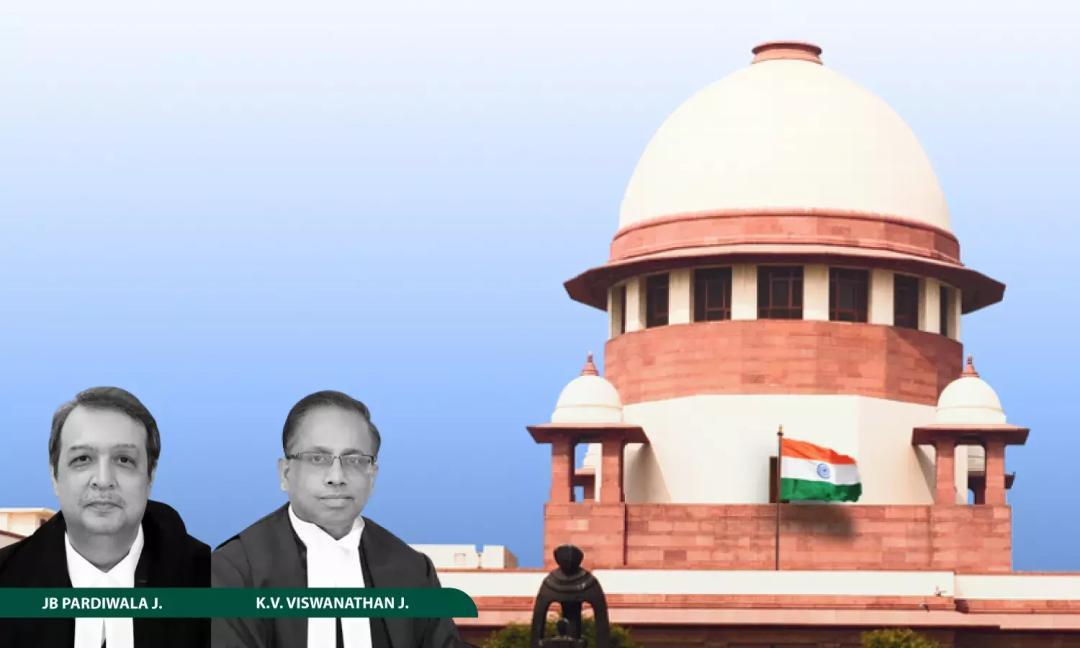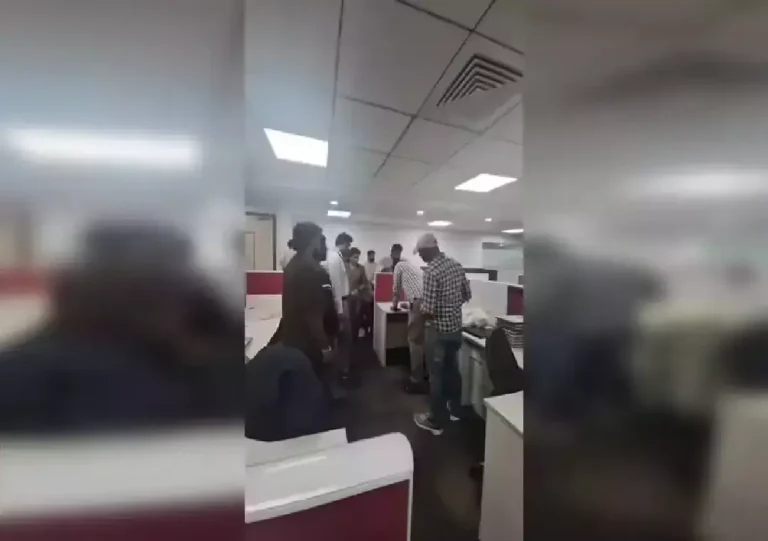
United Spirits Ltd liable for payment of entry tax: Supreme Court
The Supreme Court of India has ruled that United Spirits Limited (USL) is liable for payment of entry tax under the Madhya Pradesh Entry Tax Act. The Court’s decision was based on the fact that the company holds a license under the Madhya Pradesh Excise Act to manufacture and supply beer and Indian-made foreign liquor (IMFL), which occasions the entry of goods into the state.
In its judgment, the Supreme Court noted that the levy of entry tax by the State of Madhya Pradesh was justifiable in law. The Court further held that the company’s argument that it was not liable for payment of entry tax since it did not directly enter the goods into the market was not tenable.
The dispute between USL and the State of Madhya Pradesh arose when the company refused to pay entry tax on the goods it manufactured and supplied in the state. The company claimed that it was not liable for payment of entry tax as it did not directly enter the goods into the market. Instead, it argued that the goods were entered into the market by its distributors and retailers.
The Madhya Pradesh High Court had earlier dismissed USL’s claim and held that the company was liable for payment of entry tax. However, USL appealed against the judgment in the Supreme Court.
In its appeal, USL argued that the levy of entry tax was violative of Article 301 of the Constitution, which prohibits the imposition of restrictions on the movement of goods from one state to another. The company also contended that the entry tax was a form of indirect taxation, which was not permissible under the Constitution.
However, the Supreme Court rejected USL’s arguments and held that the levy of entry tax was not violative of Article 301 of the Constitution. The Court noted that the entry tax was a form of tax imposed on the entry of goods into the state, and not a restriction on the movement of goods.
The Court also rejected USL’s contention that the entry tax was a form of indirect taxation. It held that the entry tax was a direct tax imposed on the entry of goods into the state, and not a tax on the consumption of goods.
The Supreme Court’s decision has significant implications for the liquor industry in Madhya Pradesh. The ruling makes it clear that liquor manufacturers and suppliers are liable for payment of entry tax in the state, regardless of whether they directly enter the goods into the market or not.
The decision also highlights the importance of compliance with tax laws in the state. The Supreme Court’s ruling makes it clear that failure to comply with tax laws can result in serious consequences, including the imposition of penalties and fines.
In conclusion, the Supreme Court’s decision in the case of United Spirits Limited v. The State of Madhya Pradesh Ors. has significant implications for the liquor industry in Madhya Pradesh. The ruling makes it clear that liquor manufacturers and suppliers are liable for payment of entry tax in the state, regardless of whether they directly enter the goods into the market or not. The decision also highlights the importance of compliance with tax laws in the state.
Source:






